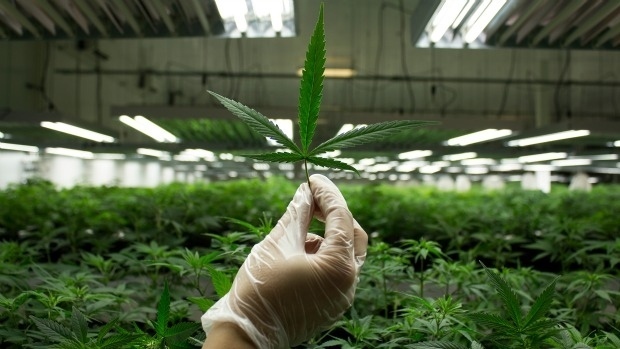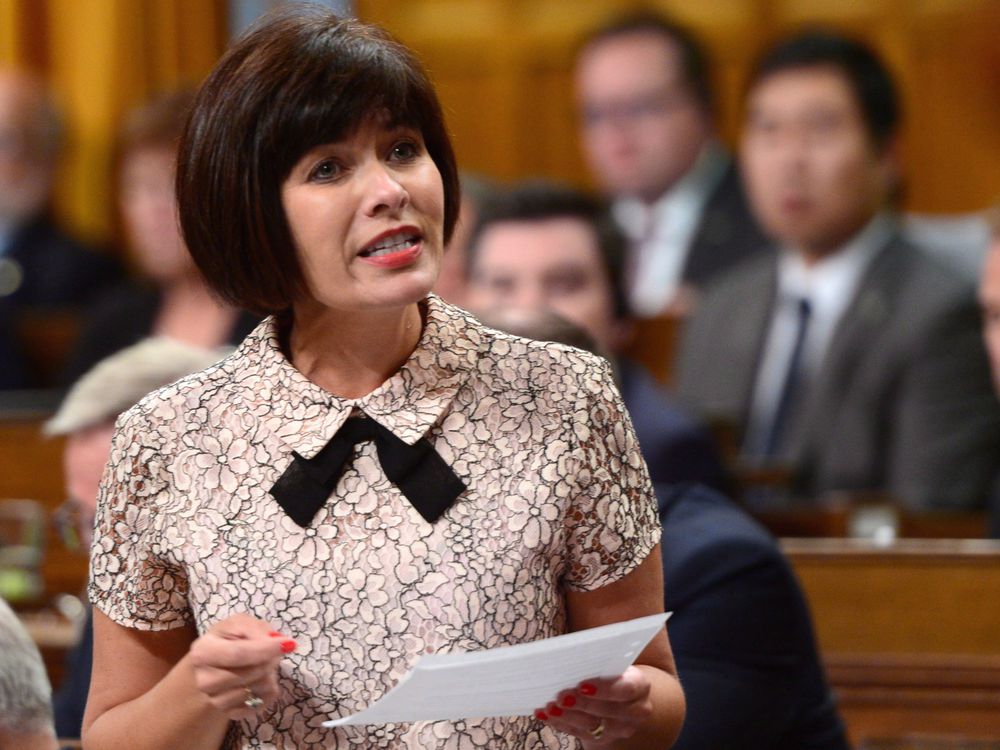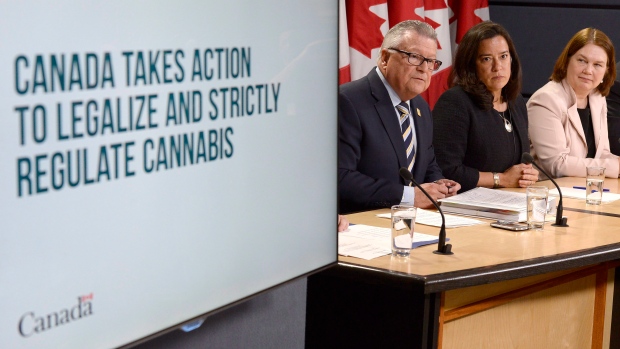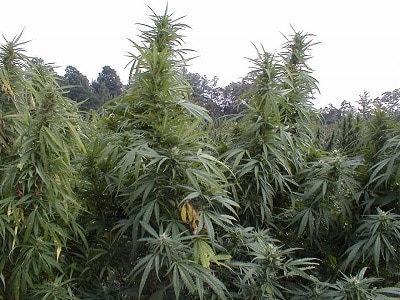Health Canada has just released a paper Tuesday outlining regulatory recommendations for the legalization of cannabis in 2018. Canadians have until January 20 to respond to these recommendations. In a press conference by Health Canada, several topics were addressed, including:
1. No limit on number of licensed cannabis producers, allowing micro industries to flourish
2. The roll out of an efficient system for licensing due to competitive nature of the industry
3. Reducing organized crime through legalization of marijuana
4. Quality controlled cannabis products
5. Tracking systems for reporting and regulating sales of cannabis products
6. Rules for cannabis packaging: THC and CBD levels clearly listed, mandatory health warnings, clean design with color and images that will not entice children, and tamper resistant packaging.Federal Health Minister Ginette Petitpas Taylor has released the Liberal government’s proposed cannabis regulations, giving Canadians until Jan. 20 to offer opinions on the measures before they are implemented.
Federal Health Minister Ginette Petitpas Taylor has released the Liberal government’s proposed cannabis regulations, giving Canadians until Jan. 20 to offer opinions on the measures before they are implemented.
“This proposed regulatory approach is informed by the extensive consultations to date, and it supports our overarching goal of protecting public health and safety,” she said in a statement. “We look forward to hearing the views of Canadians from across the country.”
The proposed regulations set out how the federal government will restrict and control the production and distribution of marijuana once it becomes legal in July 2018.
The six broad areas that will be subject to government regulations include: licensing, security clearances, cannabis tracking, cannabis products, packaging and labelling, medical marijuana and health and cosmetic products that use cannabis.
Health Canada is setting out a number of different licensing regimes and permits to allow for a range of different activities including cultivation, processing, sale, testing, research and importing and exporting.
The licensing for cultivation, for example, will allow producers to apply for authorizations that fit their business model, whether it be growing pot on a large scale for recreational use, or regulating producers who want to start a nursery that produces seeds and seedlings.
The consultation document also sets out guidelines for micro-cultivators, producers growing on a small scale, much like the craft beer producers, who could produce boutique strains.
The licensing proposals say that these micro-producers “would not be able to sell directly to the public or to federally licensed or provincially or territorially authorized sellers,” but the Liberals point man on pot, Bill Blair, contradicted that proposal under questioning Tuesday.
“Actually, they will be able to participate in the market through provincial sellers,” Blair said. “The provinces will be able to obtain from any licensed producer within their jurisdiction.”
Security
Anyone with a licence for either cultivation or sale under the proposed Cannabis Act now working its way through Parliament will need to have security clearance issued by the health minister.
The proposed regulations suggest the minister would be given the ability to refuse security clearance to people with links to organized crime, or past convictions associated with drug trafficking or violent offences.
But the proposals state that the federal government is seeking Canadians’ opinions on whether or not it should allow people who have been convicted of nonviolent or low-risk crimes, such as possession of pot, to qualify for the security clearance necessary to participate in the industry.
“We have over 500,000 Canadians with minor drug offences on their criminal records,” Petitpas Taylor told reporters. “We’re just asking the question: should these people with a small amount of personal possession, should they be excluded from the market or should we consider them.”
Keeping to the timeline
The federal government has shown no interest in budging on its July 2018 deadline, despite calls from some Indigenous groups, police forces and provincial governments asking for more time to prepare.
In fact, in a bid to speed up the process of passing the new law itself, the Liberals moved to limit debate on the remaining stages of C-45, also known as the Cannabis Act. The Conservatives and NDP voted against the shortened schedule, but they were outnumbered.
The bill is expected to pass the Liberal-dominated House of Commons easily, but the situation may become more complicated when the proposed law reaches the Senate. Several senators have warned that because of the complexity of the issues at play, that process could take months.
StatsCan studies recreational pot
Some have suggested the Senate might not be ready in time for the government’s July 2018 deadline.
With the deadline up in the air, Statistics Canada is getting a jump on measuring the economic and social impacts of legal pot.
To prepare for legalization, the agency says it will try to measure Canada’s current production, sale and consumption of recreational cannabis, despite the lack of data and the fact it remains illegal.
The agency says collecting data both before and after marijuana becomes legal will allow Canadians, governments and businesses to form a clearer picture of the economic and social consequences of lawful pot.
credit:420intel.com













